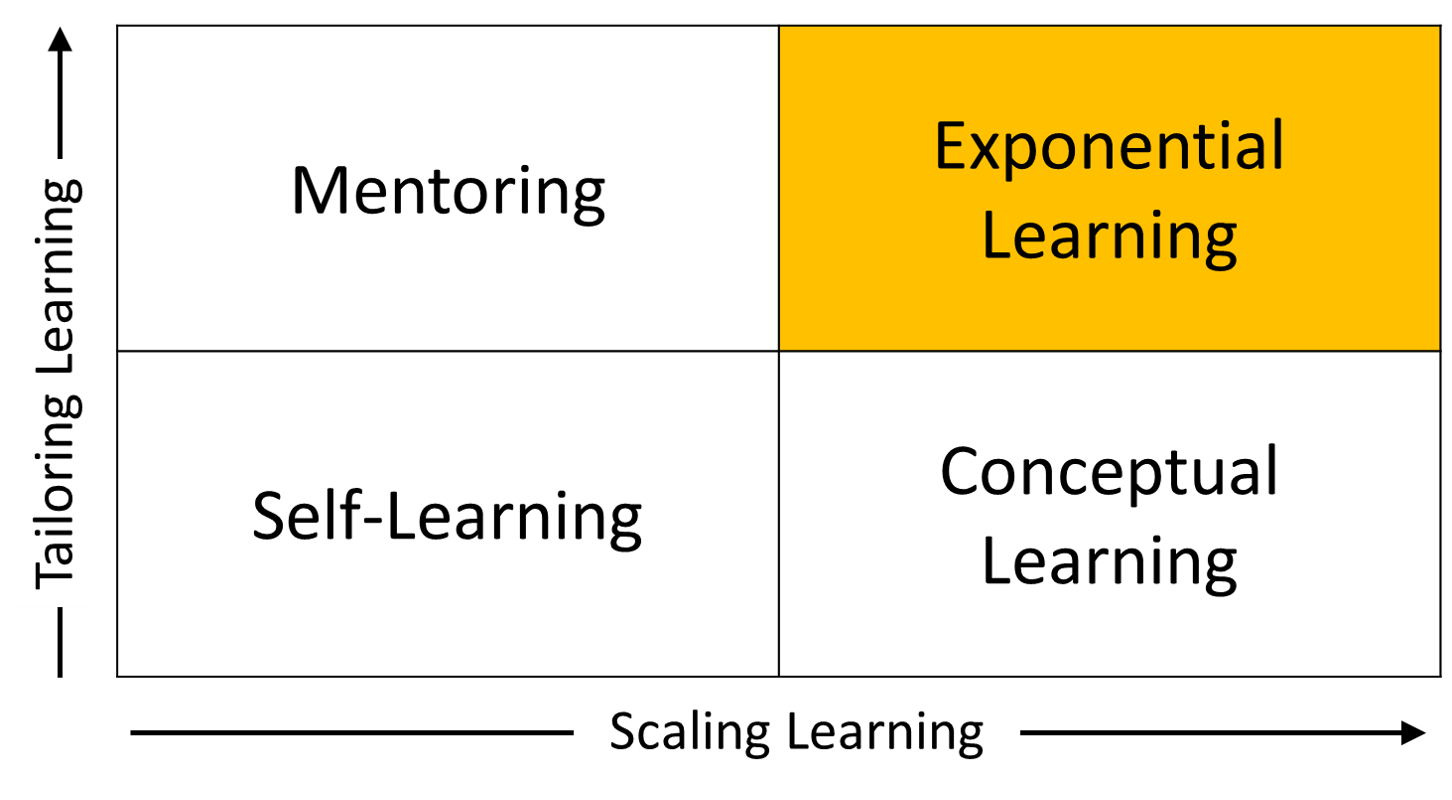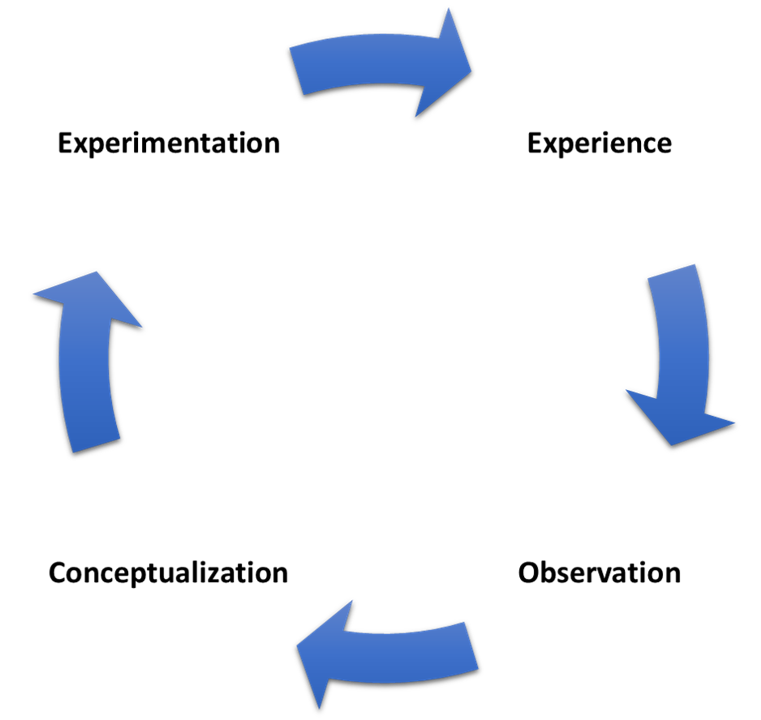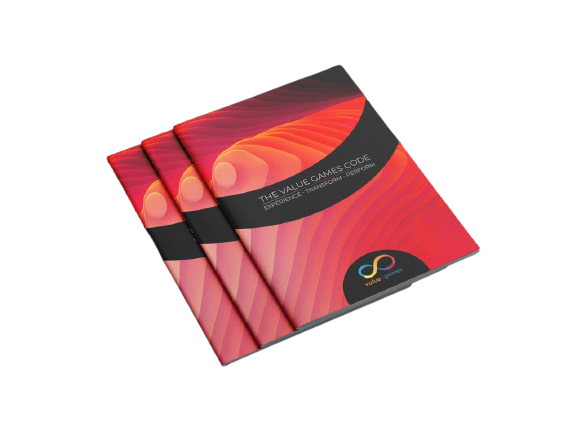Get in touch with us
By Alain Perrot, partner at Value Games
In his latest book, the Infinite Games, Simon Sinek very truly writes : ” Great leaders are the ones who think beyond “short term” versus “long term”. They are the ones who know that it is note about the next quarter or the next election; it is about the next generation.”
Although this wheel of learning has been known for a very long time, it did not stop the French education system to be essentially based on conceptual learning during the entire 20th century. What else to expect from the country of René Descartes and his Cogito ergo sum ? And no surprise that we have abroad the reputation of being “intellectual” as opposed to pragmatic in our approach to solving problems. We have been educated like that. France has waited for the beginning of the 21st century to discover the virtues of apprenticeship, in particular in Business and Engineers Schools, i.e. the elite supposed to lead the economy. Even the national monument ENA (Ecole nationale d’administration) is introducing apprenticeship in its programme in 2021…
Having been educated in the old system, like most people from my generation, what I remember is less the courses than the teachers who where making the difference in this archaic way of learning.
As unlikely as it may seem, I had the historian Georges Minois, author of 50 books, as a high school teacher. 45 years later, I had a “Madeleine de Proust” effect when I saw him in “Secrets of History”, Stéphane Bern’s TV show. At that time, he was in his late twenties and was teaching in Saint-Brieuc where I was living. His huge knowledge was clear, but even more impressive was his art of enthusing us and engaging us. When Georges Minois was describing the Battle of Waterloo in detail, we could really feel we were there, and it clearly gave me the passion for History. The “Minois” code that we can extract for exponential learning was therefore : Enthuse → Engage → Enable
Enthuse is the first fundamental step, often neglected by companies who want to go immediately to action mode and prefer to talk about Engagement. A trivial example helps to understand the distinction between Enthuse and Engage. If I’m not hungry, all efforts to engage me in eating will be completely useless. As Jim Lafferty, my colleague at the board of directors of RG Brands, CEO and Olympic coach, likes to repeat : ” Winning isn’t everything. But the desire to win is.”
Another memorable character was Mr. Tessier, my French teacher who was a master of Empower → Enhance, the last two words of the exponential learning code, but he did it the old-fashioned way : strict discipline. Three spelling errors in your essay, and you scored zero. He never raised his voice, and never blamed or mocked his students. With the enthusiasm of Droopy, he would say laconically : “Le Goff, I regret, zero.” With such a powerful incentive, it is clear that my reasonably good level in French spelling is due to Mr. Tessier, and thanks to him, I received 17/20 in French litterature at the baccalauréat. As Patrick Lencioni perfectly identified in the 5 Dysfunctions of Team, High Standards are a condition for high accountability, hence Empowerment and the desire to improve.
Mr.Minois example shows that the secret of the sequence Enthuse → Engage → Enable, is to create a compelling narrative which will trigger a powerful inception in your mind. In the case of Value R the inception is generated by an environment “almost real”, as perfectly coined by Gilles Morel, President of Whirlpool EMEA. As for The demanding spirit of Mr Tessier is reflected in Value Race with its high standards, well described by Mohamed Zariouhi, VP Supply Chain group Bel.








